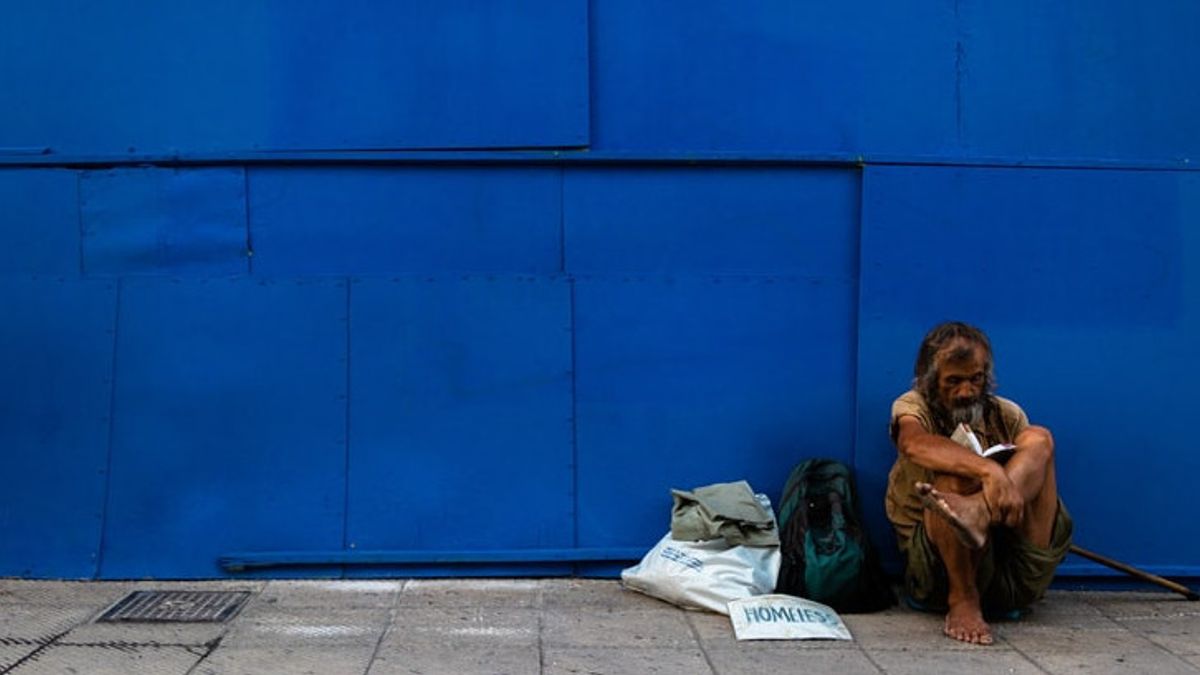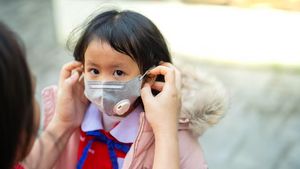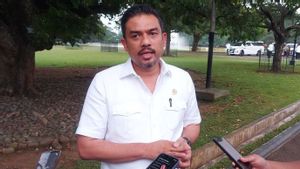JAKARTA - Every October 17th, the world commemorates Poverty Eradication Day. The commemoration of the International Day for the Eradication of Poverty can be traced back to 17 October 1987. On that day, more than 100,000 people gathered at the Trocadéro in Paris, where the Universal Declaration of Human Rights was signed in 1948, to honor victims of extreme poverty, violence and hunger .
Quoting from the official UN website, those who attended the declaration stated that poverty is a violation of human rights. They also stressed the need to come together to ensure that these rights are respected. Since then, people from all backgrounds, creeds and social backgrounds gather annually on October 17th to renew their commitment and show their solidarity with the poor.
Replicas of memorial stones have been unveiled around the world and serve as gathering places to celebrate the day. One such replica is located in the United Nations Headquarters park and is the site of an annual commemoration organized by the UN Secretariat in New York.
Through resolution 47/196 adopted on December 22, 1992, the UN General Assembly declared October 17 as the International Day for the Eradication of Poverty. The United Nations invites all countries to devote this day to presenting and promoting, in accordance with national contexts, concrete activities relating to the eradication of poverty and destitution.
The resolution further invited intergovernmental and non-governmental organizations to organize national activities to commemorate Poverty Eradication Day and asked the Secretary-General to take the necessary steps to ensure the success of the UN's poverty eradication.
Warning in 2020
The theme for this year is related to the challenge of achieving social and environmental justice for all. The increasing recognition of the multidimensional poverty shows that social and environmental justice problems are interrelated and inseparable.
Social justice cannot be fully realized without aggressively correcting environmental injustices at the same time. While progress has been made in addressing income poverty, it has been less successful in addressing other important dimensions of poverty, including environmental impacts.
The United Nations says that people living in extreme poverty are the first to act decisively in response to poverty, climate change and environmental challenges. However, his efforts and experiences often go unnoticed and are not appreciated. Their ability to contribute positively to solutions has been neglected. These groups are not recognized as drivers of change and their voices are not heard, especially in international bodies.
Therefore, the UN hopes that there will be changes starting from this commemoration. It is hoped that the participation, knowledge, contribution and experience of people living in poverty can be valued, respected and reflected in the world's efforts to build sustainable justice where there is social justice.
Apart from social justice, this year the poverty rate has increased due to the COVID-19 pandemic. The World Bank noted that the COVID-19 pandemic is expected to push an additional 88 million to 115 million people into extreme poverty, with the total increasing to 150 million by 2021, depending on the severity of economic contraction.
Extreme poverty, defined as living on less than US $ 1.90 a day, is likely to affect between 9.1 percent and 9.4 percent of the world's population by 2020. If the pandemic does not shake the world, the poverty rate is expected to fall to 7, 9 percent by 2020.
The English, Chinese, Japanese, Arabic, and French versions are automatically generated by the AI. So there may still be inaccuracies in translating, please always see Indonesian as our main language. (system supported by DigitalSiber.id)











